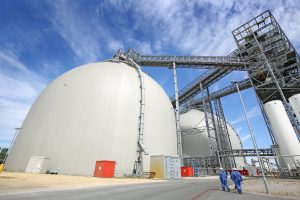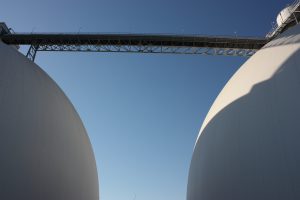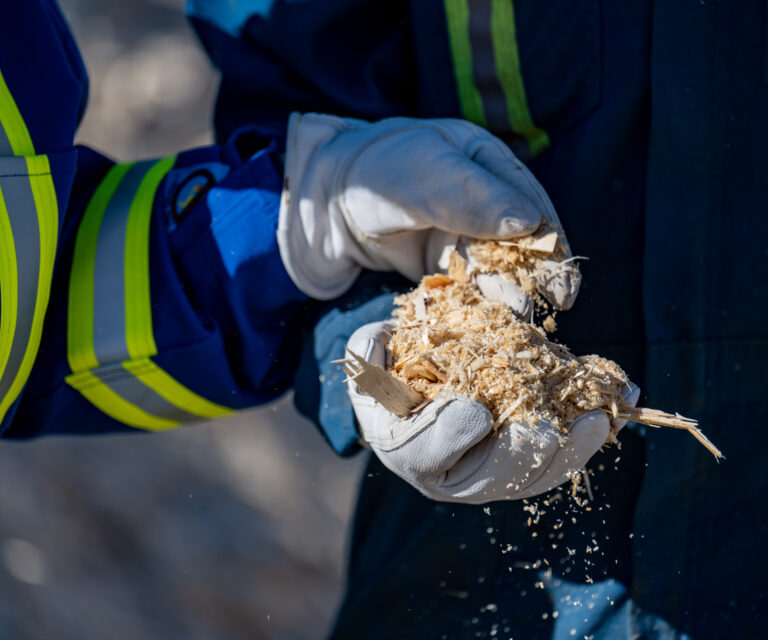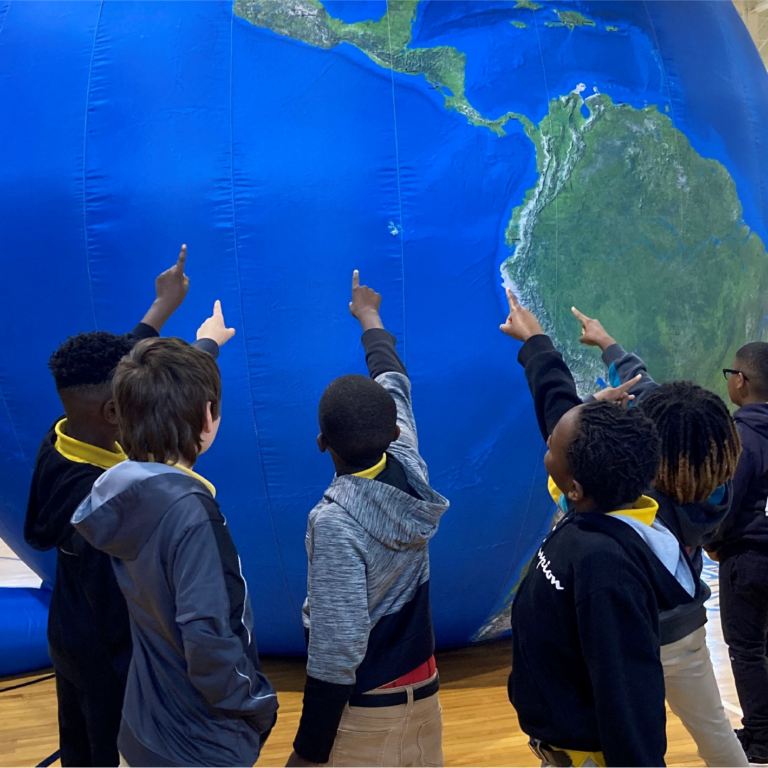Renewable energy company Drax has announced that five U.S. non-profits will receive $291,585 as part of the Drax Foundation’s latest round of donations. The non-profits receiving the donations are spread across Texas, Louisiana and Mississippi, and include The Boys and Girls Clubs of America (Mississippi), The Texas Alliance for Minorities in Engineering (TAME), The Houston Audubon, The Central Creativity Foundation, and The Gulf Center for Ecotourism and Sustainability. The funds will provide thousands of children across the southern U.S. with access to STEM education opportunities.
The Boys and Girls Club of America (Mississippi), which received $70,000, offers nation-wide support to communities in need and will use their funding to provide STEM opportunities for helping children across Central Mississippi and along the Gulf Coast.
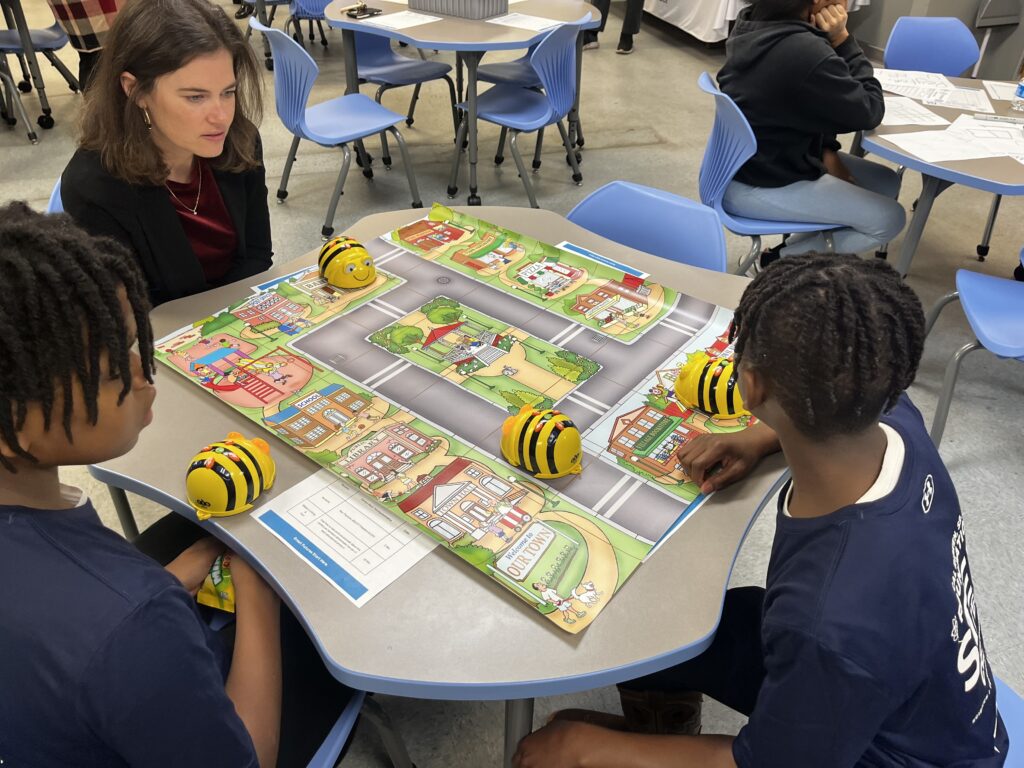
Boys & Girls Clubs of America STEM Camp
“At Boys & Girls Clubs of America, we are dedicated to providing equitable access to opportunities and experiences that empower youth to become the leaders, innovators, and problem-solvers of tomorrow,” said Lisa Anastasi, Executive Vice President and Chief Development & External Relations Officer for Boys & Girls Clubs of America. “That’s why we are thrilled to continue our partnership with the Drax Foundation, which will significantly increase the number of young people participating in high-quality STEM programs at select Mississippi Clubs, equipping our members with the skills they need for a successful future after high school.”
The Texas Alliance for Minorities in Engineering (TAME), which was awarded $80,000, creates equitable experiences for students from underrepresented groups to explore futures in engineering.
“Thanks to Drax’s commitment to TAME, we are able to offer free engineering programs to students in schools across Texas,” said Kiyomi Beach, Interim Executive Director of TAME. “The support from Drax is invaluable and allows us to keep breaking barriers for students allowing them to stay on the path to pursue engineering careers and create solutions that reflect and celebrate our diverse world.”
The Houston Audubon, which received $25,000, is a regional non-profit and accredited land trust focused on protecting the natural environment for birds and people on the upper Texas coast.
The Central Creativity Foundation, which received $66,585, is an organization based in Laurel, Mississippi, that will use their funding to partner with the Louisiana Science, Technology, Engineering, and Mathematics (LaSTEM) Program to host energy camps in Amite County, Mississippi, and Marengo and Pickens Counties in Alabama.
The Gulf Coast Center for Ecotourism & Sustainability, which received $50,000, is an Alabama-based nonprofit that was established in 2018 to bring new environmental programs and facilities to the Gulf of Mexico’s Coast, including the promotion of sustainable tourism, environmental awareness, and the stewardship of the Gulf Coast’s natural resources.
The Gulf Coast Center for Ecotourism & Sustainability Soil Class
“Drax’s commitment is helping to support the education of a new generation of environmental stewards,” said Travis Langen, Executive Director of the Gulf Coast Center. “These funds will allow us to build young leaders and arm them with a passion for the environment that will last for years to come.”
The Drax Foundation funds initiatives that support education and skills development in Science, Technology, Engineering, and Math (STEM), as well as those that improve green spaces and enhance biodiversity.
“We are honored to be able to support these non-profits who are making real, positive impacts in their communities,” said Matt White, Executive Vice President of Drax’s North America Operations. “At Drax, our goal is to support the communities where we operate and this round of foundation giving will help organizations change the lives of thousands of kids across the southern U.S.”
To learn more about the Drax Foundation and Drax’s community efforts, visit www.drax.com/community.
Contact Information:
Michelli Martin
Communications Manager, US
318-372-3988
michelli.martin@drax.com
About Drax
Drax Group’s purpose is to enable a zero carbon, lower cost energy future and in 2019 announced a world-leading ambition to be carbon negative by 2030, using bioenergy with carbon capture and storage (BECCS) technology.
Drax’s around 3,000 employees operate across three principal areas of activity – electricity generation, electricity sales to business customers and compressed wood pellet production and supply to third parties. For more information visit https://www.drax.com/us
Power generation:
Drax owns and operates a portfolio of renewable electricity generation assets in England and Scotland. The assets include the UK’s largest power station, based at Selby, North Yorkshire, which supplies five percent of the country’s electricity needs.
Having converted Drax Power Station to use sustainable biomass instead of coal, it has become the UK’s biggest renewable power generator and the largest decarbonization project in Europe. It is also where Drax is piloting the groundbreaking negative emissions technology BECCS within its CCUS (Carbon Capture Utilization and Storage) Incubation Area.
Its pumped storage, hydro, and energy from waste assets in Scotland include Cruachan Power Station – a flexible pumped storage facility within the hollowed-out mountain Ben Cruachan.
The Group also aims to build on its BECCS innovation at Drax Power Station with a target to deliver four million tons of negative CO2 emissions each year from new-build BECCS outside of the UK by 2030 and is currently developing models for North American and European markets.
Pellet production and supply:
The Group has 18 operational pellet plants and developments with nameplate production capacity of around five million tons a year.
Drax is targeting eight million tons of production capacity by 2030, which will require the development of over three million tons of new biomass pellet production capacity. The pellets are produced using materials sourced from sustainably managed working forests and are supplied to third party customers in Europe and Asia for the generation of renewable power.
Drax’s pellet plants supply biomass used at its own power station in North Yorkshire, England to generate flexible, renewable power for the UK’s homes and businesses, and also to customers in Europe and Asia.




